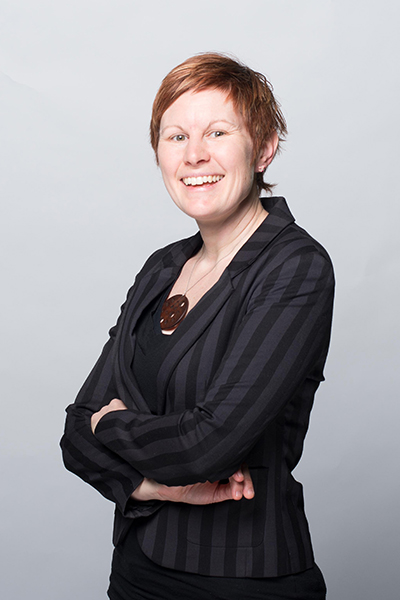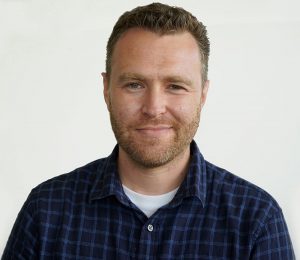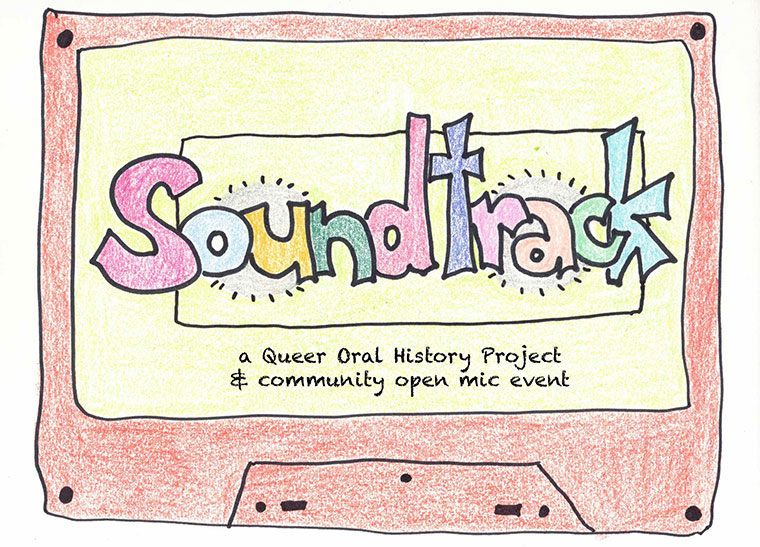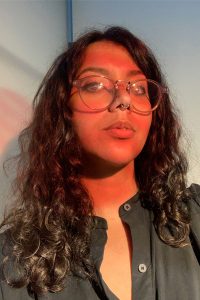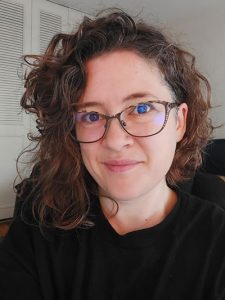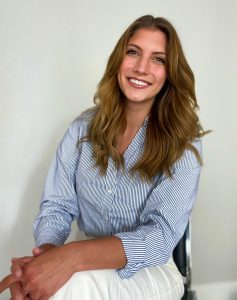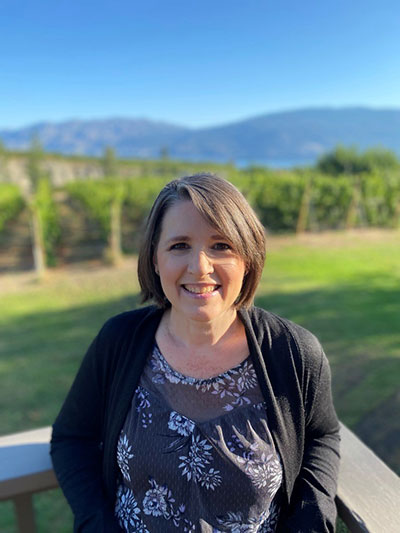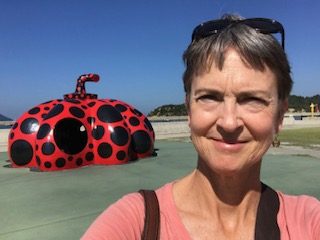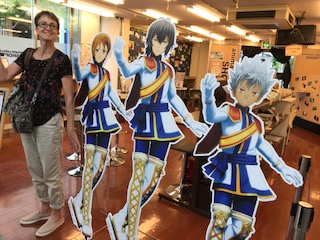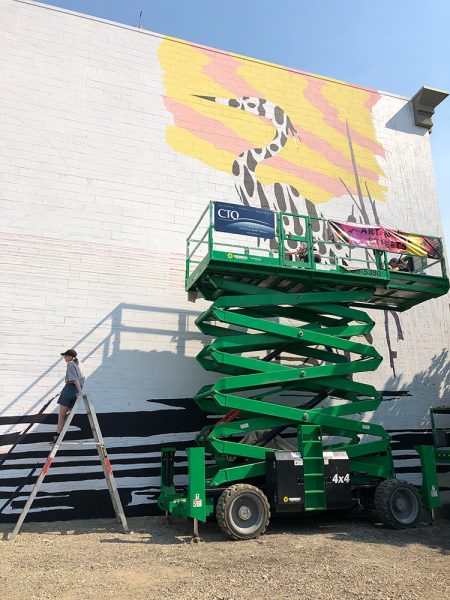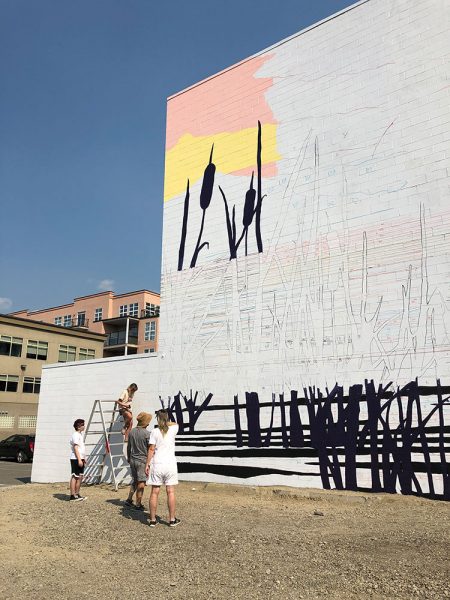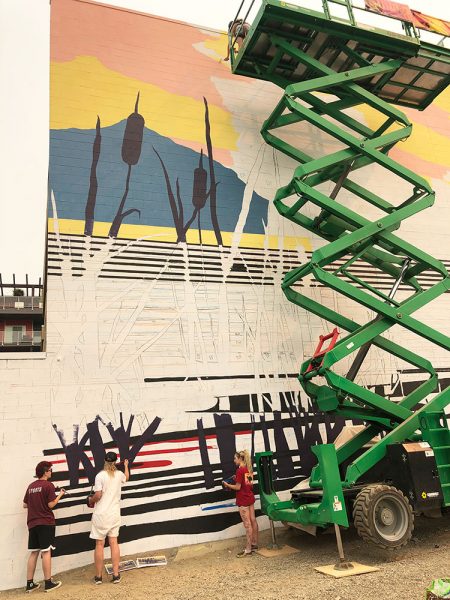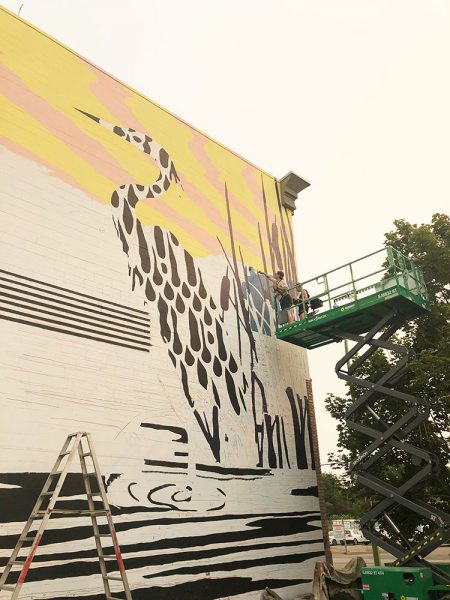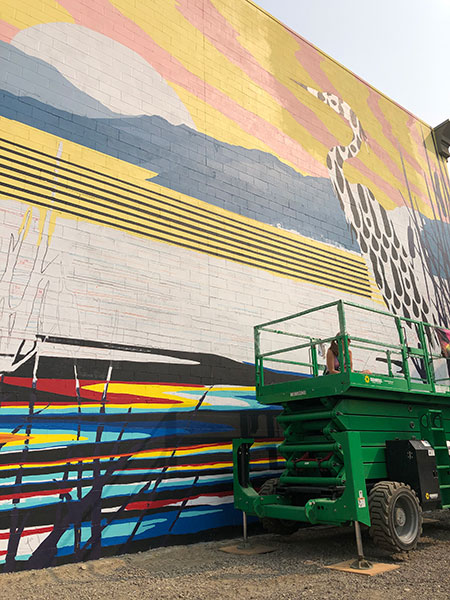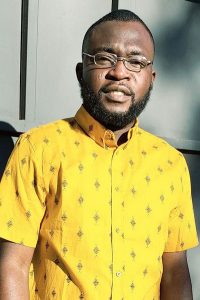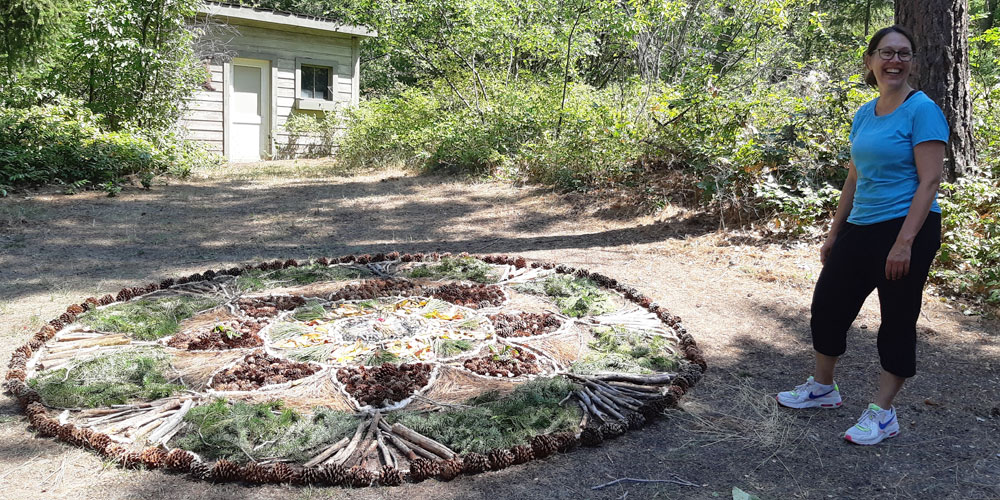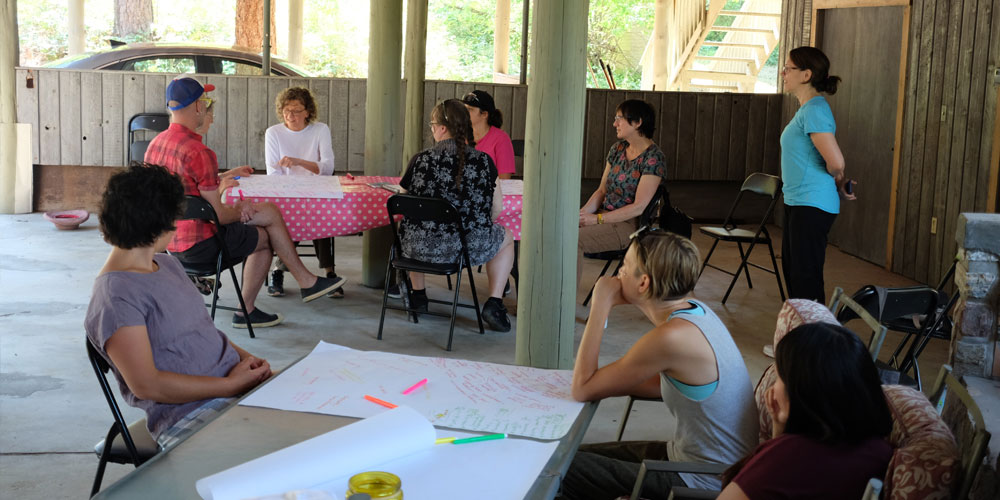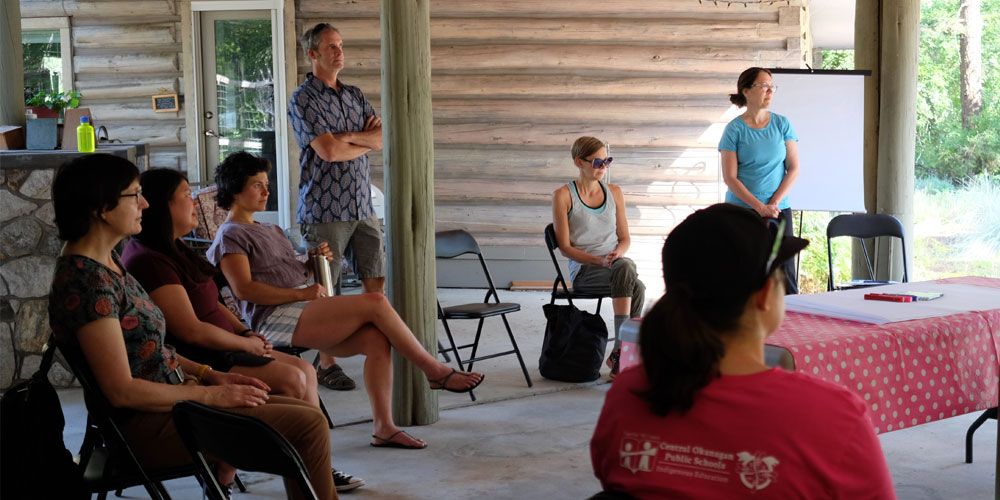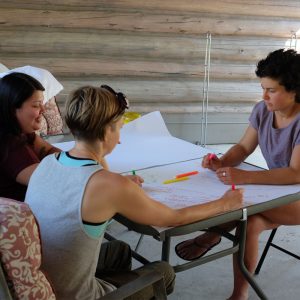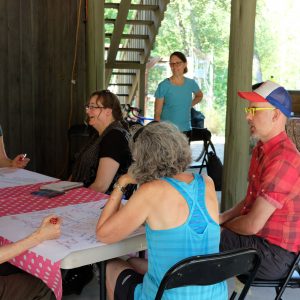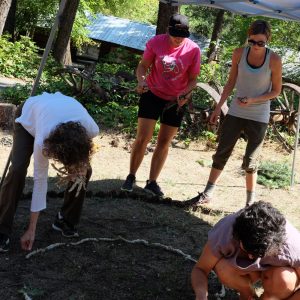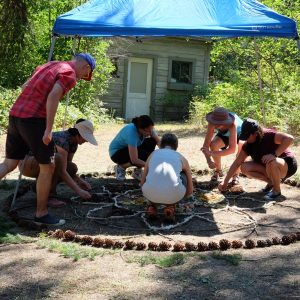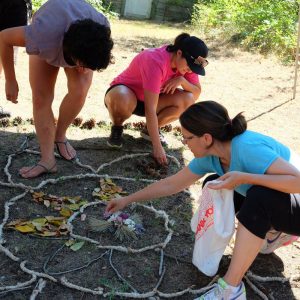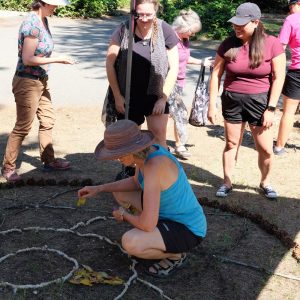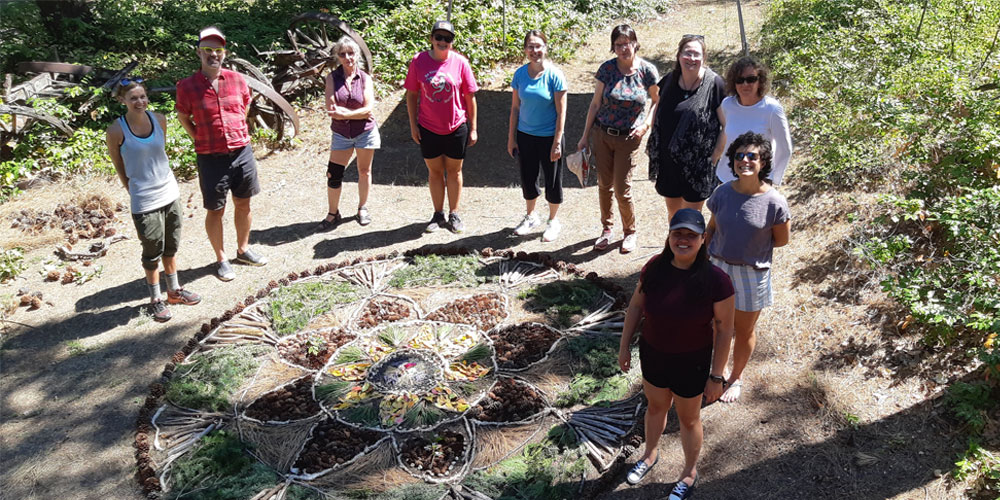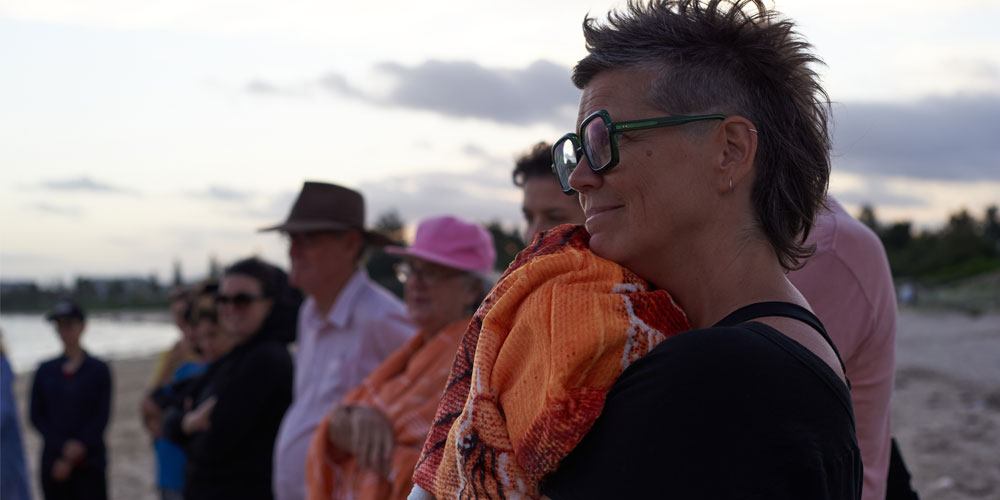Cameron Crookston joined the Department of English and Cultural Studies this year as a lecturer teaching the Media and Popular Cultures courses in Cultural Studies. As an educator he has taught classes in theatre history, sexual diversity studies, gender studies, and popular culture. He has also worked in educational development and pedagogical support at the University of Toronto.
Cameron Crookston focuses on drag performance, both historically and in contemporary popular culture. He received his PhD from the University of Toronto’s Centre for Drama, Theatre and Performance Studies in collaboration with the Mark S. Bonham Centre for Sexual Diversity Studies. His work has appeared in GLQ: A Journal of Lesbian and Gay Studies, The Journal of Homosexuality, and Queer Studies in Media and Popular Culture. He is also the editor of The Cultural Impact of RuPaul’s Drag Race: Why Are We All Gagging?
We met up with Dr. Crookston to find out a bit more about him, his research and his teaching practices.
What brought you to UBCO?
I was really excited for a teaching position that focused on the way media and culture are connected to issues of equity, diversity, and intersectionality, which has always been central to my work as a scholar and a teacher. My research examines points of connection between popular culture, mediatized performance, and the history of social movements at the intersection of race, gender, and sexuality. So to work in a department where I can really draw on that in my teaching was a great opportunity.
Tell us about your research interests.
My research looks at LGBTQ2+ history and popular culture. Largely I study drag and the politics of queer identities in the context of drag performance. I write about live drag, drag in film and television, as well as the history of drag, particularly as it parallels developments in LGBTQ2+ communities and politics. My doctoral research looked at drag as a form of queer cultural memory and I’ve continued that theme in a lot of my more recent work, examining drag across generations in popular culture and the way history and nostalgia play an important role in drag as an art form. I’m also working on a new project on the role Halloween has played in the development of queer culture over the twentieth century. In some ways this is a bit of a departure from my work on drag (although drag certainly shows up in queer Halloween!) but its very much a continuation of my interest in the way popular culture connects with queer culture and politics across history.
How did you know you wanted to be a professor?
When I was an undergrad majoring in theatre someone asked me what my favorite class was and I answered that it was our theatre history class. They seemed a little surprised that I was so passionate about the required academic class, but it actually made me more aware that it was something unique about my interest in the arts. I ended up working as an undergraduate RA for that theatre history professor and developed for real passion of studying history, art and the connection between popular culture and sociocultural issues. They encouraged me to go to grad school and the rest is history.
What kind of learning experiences do offer your students?
I try to create an interactive learning environment in which students can test out new ideas and ask questions. I really want my classroom to be a place where students can experiment and practice. I also really try and focus on the link between popular culture and social and political issues. To that end, I encourage students to take concepts from class and apply them to media and culture that they encounter in their daily lives.
Tell us about your book “The Cultural Impact of RuPaul’s Drag Race”.
I spent about two years working with twelve fantastic scholars from around the world on this collection on RuPaul’s Drag Race. I had seen a lot of excellent work that analyzed Drag Race as a piece of reality television, but after a decade on the air I noticed that the show was actually beginning to have an effect on the world around it, on local queer communities and drag subcultures. Audiences were growing and changing, there were more performers who wanted to have a career in drag, and the reach of the show was going well beyond traditional live drag performances. The contributors to this volume examined drag in their local communities, their own reaction to Drag Race’s global reach, as well the economics and politics of drag as the occur on and as a result of RuPaul’s Drag Race. The book came out in March of 2021 and I’m immensely proud of it. I got to work with scholars from Canada, the US, the UK, and South Africa and develop a strong network of people working on drag, queer popular culture and media studies. Intellect Books, my publisher, was really supportive and so great to work with. They do really fantastic work at the intersection of scholarly publishing and popular culture so I encourage anyone looking to write in these areas to take a look at their journals or get in touch with them. I was also recently interviewed on the New Books Network podcast where I got a chance to chat more about the book with Professor Rebekah Buchanan of Western Illinois University.
